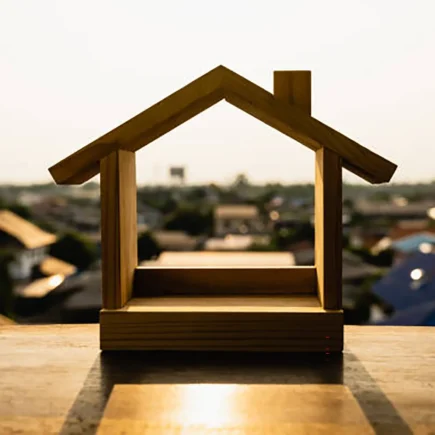Housing Reports
The Closing the Gap project investigates the housing challenges faced by Métis women and 2SLGBTQQIA+ kin, highlighting key gaps and unmet needs. Through community-driven research, it addresses factors contributing to housing insecurity and examines access to housing programs and services.


The Closing the Gap project sheds light on the housing experiences of Métis women and 2SLGBTQQIA+ kin, a topic that remains underexplored and poorly understood.
Using distinctions- and gender-based research methods, the initiative delves into housing precarity, identifying critical gaps for diverse groups such as lone-parent families, Métis youth, and those with disabilities. By examining barriers to housing programs—including emergency shelters, transitional housing, and homeownership supports—the project highlights the systemic issues that increase housing insecurity and risks of victimization. The research incorporates a literature review, interviews, surveys, and document analysis, providing a comprehensive understanding to inform solutions and policy recommendations.
Since 2019, LFMO and CMHC have collaborated to identify data gaps in Métis women’s housing needs, leading to LFMO’s CMHC-funded “”Closing the Gap”” research project on Métis women’s experiences with housing programs, including emergency, transitional, and home-buying options.
Métis women and 2SLGBTQQIA+ individuals experience a distinct form of marginalization and discrimination: first, as Indigenous peoples; second, as Métis—often viewed as “”invisible”” within the broader Indigenous community; and third, as women.
This research explores housing challenges for Métis women and 2SLGBTQQIA+ individuals, including linguistic and educational barriers, racism limiting access to urban areas and better job opportunities, and the ongoing impact of the Métis scrip on housing today


Related Resources
The following resources are associated with this project. Click ‘View All’ to explore our Resource Library.

